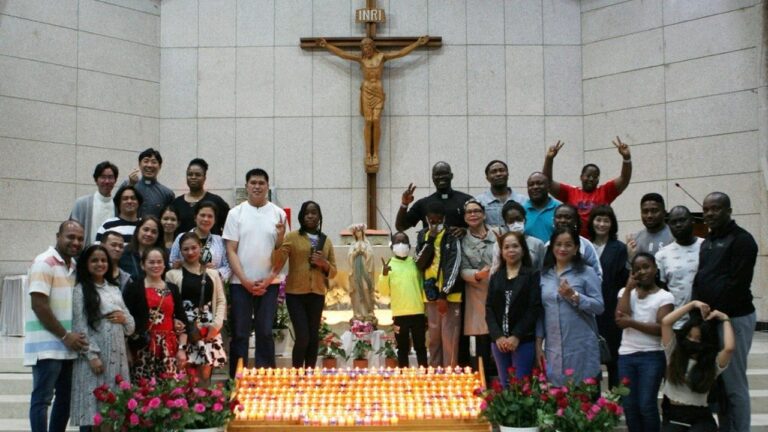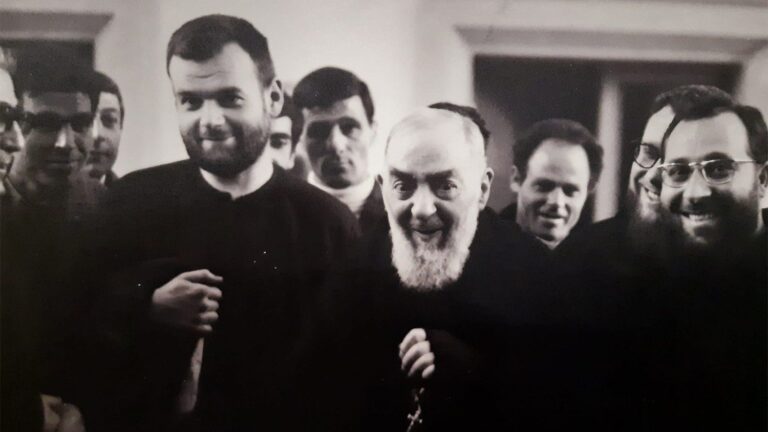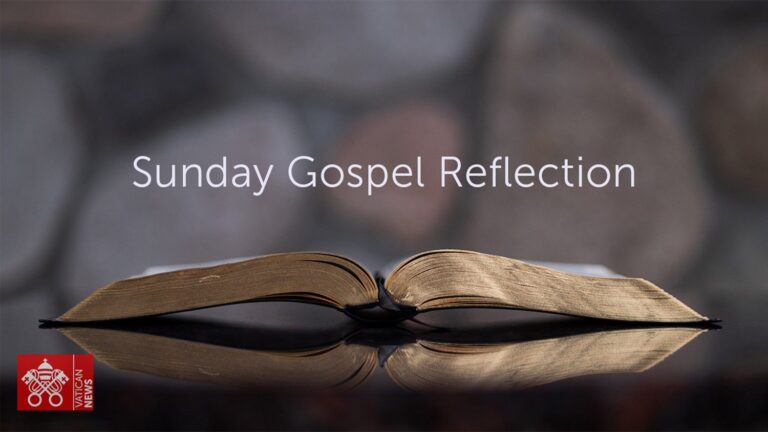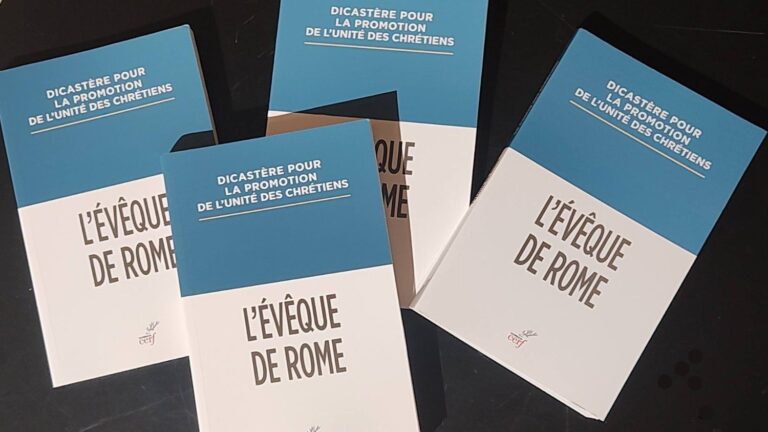Cardinal Cupich: Pope Francis on interreligious dialogue
Cardinal Blase Cupich, Archbishop of Chicago, reflects on Pope Francis’ words in Singapore on interfaith dialogue and his assertion that “all religions are paths to God.”
By Cardinal Blase J. Cupich*
During his apostolic trip to Asia and Oceania, Pope Francis held a session in Singapore with a group of young people on the theme of interreligious dialogue. During this event, the Pope said: “One of the things that impressed me most about the young people here is their capacity for interreligious dialogue. » Then he asked the question: What if this dialogue began “with a discussion: “My religion is more important than yours…”, or “Mine is the true one, yours is not true… “, where does this lead? ?”
One young person responded: “Destruction.” “Yes,” replied the Pope, “that’s correct. All religions are paths to God. I will use an analogy, they are like different languages which express the divine. But God is for all and we are therefore all children of God. … There is only one God, and religions are like languages, paths to reach God. Some Sikhs, some Muslims, some Hindus, some Christians.
Surprisingly, his remarks annoyed some people, who accused the pope of relativizing the Christian claim to truth and saying that all religions are the same. Some have gone so far as to accuse the pope of sowing confusion and undermining his Petrine function. Of course, the Holy Father said no such thing.
Recall that Pope Francis spoke these words during a question-and-answer session intended to engage in interfaith dialogue with a group of young people of various religions in Singapore, where a small minority of the population is Catholic. He rightly pointed out that you don’t start a dialogue by telling others how wrong they are. Instead, dialogue begins with discovering what we have in common.
In this regard, what the Holy Father says is consistent with Catholic teaching. As we read in the Catechism of the Catholic Church (CCC), 842-843: “The bond of the Church with non-Christian religions is above all the common origin and end of the human race: all nations do not form a single community. This is so because all come from a single stock that God created to populate the entire earth, and also because all share a common destiny, namely God. His providence, his evident goodness and his saving designs extend to all while awaiting the day when the elect will be gathered in the holy city. The Catholic Church recognizes in other religions which seek, among shadows and images, the unknown and yet close God, because he gives life, breath and all things and wants all men to be saved. Thus, the Church considers all the good and truth found in these religions as “a preparation for the Gospel and given by Him who enlightens all men so that they may finally have life” (Lumen Gentium, 16).
The Holy Father began his dialogue with these young people in full coherence with the recognition of the Catholic Church that there is a bond between all peoples, which comes especially from the common origin and end of all humankind. . Pope Francis invited his interlocutors to recognize how united they are as sons and daughters of God, thus opening the way for them to continue the search for truth together. This is the kind of service the Church should offer to the world.
Once again, the Catechism reminds us of what we believe by stating: “Everything that is good or true in other religions comes from God and is a reflection of his truth. ” For this reason we also teach that “those who, through no fault of their own, do not know the gospel of Christ and his Church, but sincerely seek God and, moved by grace, try to do his will as that it is known through the precepts of God.” conscience can achieve eternal salvation” (CCC 847).
As the Second Vatican Council observed, nothing in this teaching or, for that matter, in anything Pope Francis said in Singapore undermines our teaching “that all salvation comes from Christ the Head, through the ‘Church, which is his Body.
Unfortunately, we have seen throughout Church history those who hold a very narrow understanding of this fundamental belief. In the last century, an American priest, Leonard Feeney, taught that only Catholics baptized in water could be saved. The Church has rejected this teaching because, as the Catechism specifies, it is Christ, the head of the Church, its body, who saves. As Lumen Gentium notes: “The Holy Spirit, in a way known only to God, offers every man the possibility of being associated with this paschal mystery.” We should all be reluctant to seek to deny or restrict this magnitude of God’s grace and mercy, or the ways in which the Lord dispenses them. And we should be wary of those who rush too eagerly to criticize the Successor of Peter by misinterpreting his words.
*Archbishop of Chicago
This article was originally published on Chicago Catholicthe archdiocesan newspaper. All rights reserved.






